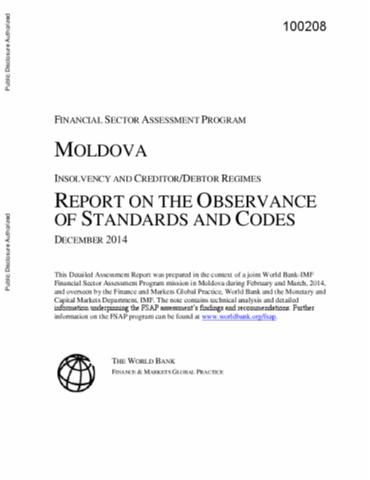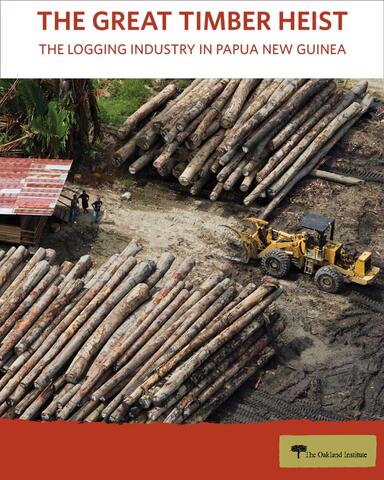Unpacking Performance and Empowerment in Female Farmers' Groups : The Case of the Fadama Project in Nigeria
Women play an important role in rural
economic activity but face severe constraints to
productivity and socioeconomic security. Nigeria's
agriculture sector employs 35 percent of women and up to 44
percent of female heads of households. Yet a number of
factors constrain the expansion and diversification of
agricultural activities, including fewer rights to land than
men, lower access to credit, and inequitable access to



